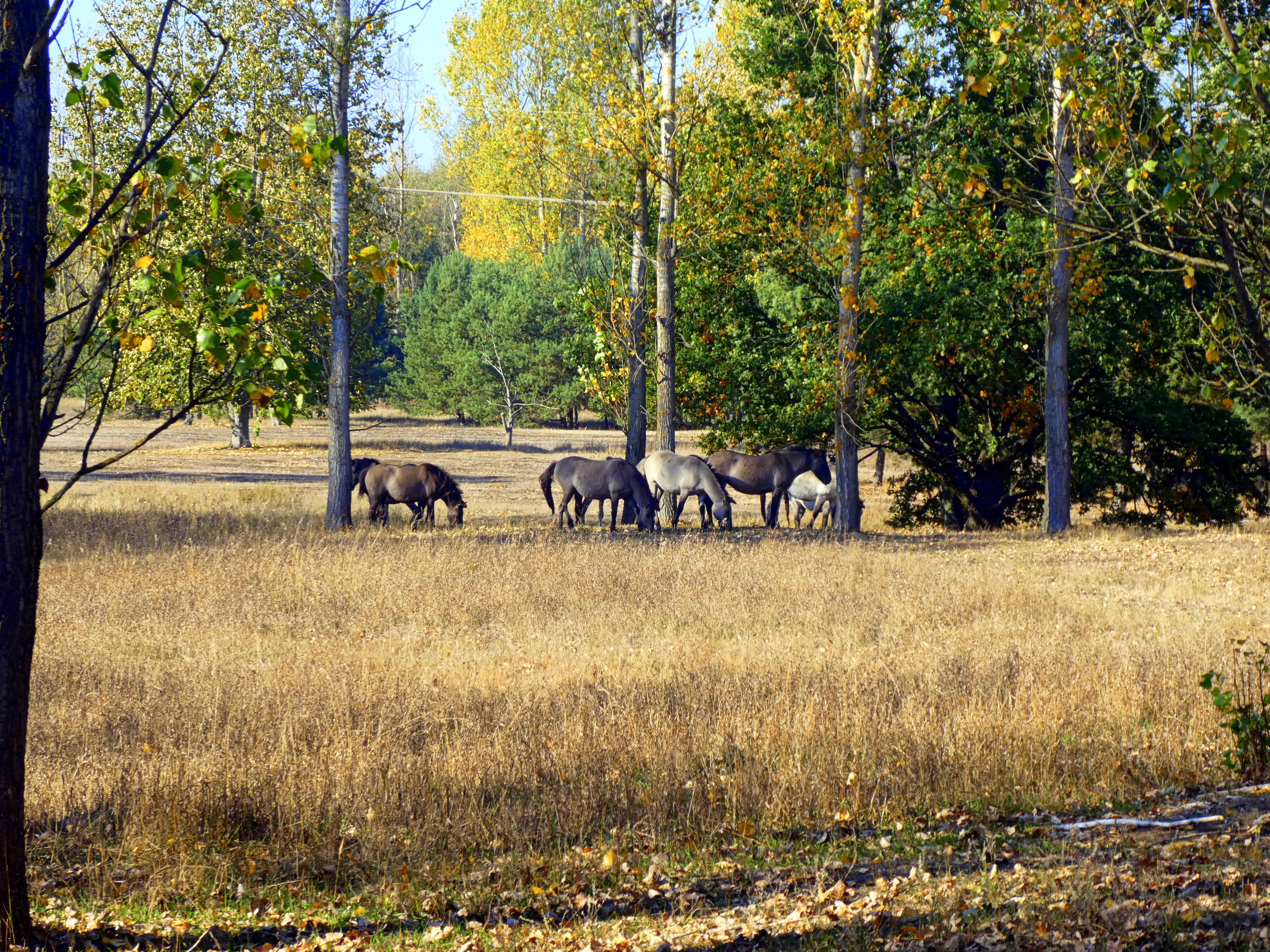Mr. Mayor, why is Panketal a progressive municipality?
We are progressive because we have been taking action to counteract climate change for some time now. We are committed to biodiversity and to the protection of species. This is the first year that Panketal is a member of the German-wide alliance "Communities for Biodiversity". Our two districts are integrated into the network of surrounding communities: Schwanebeck is a member of the Barnimer Feldmark regional park and Zepernick belongs to the natural park of Barnim. We rely on an environmentally friendly agriculture. As a community, we no longer use weed killers such as glyphosate or neonicotinoids. We have established some insect fields on common land in 2018 and will be creating some new ones. They provide a food source for insects and are mowed a maximum of twice a year. There, native plants can bloom, which contributes to the preservation of wild bees. We also encourage our citizens to set up such areas in their gardens as the biodiversity issue has also reached them. As part of a participatory budgeting, we created a tree educational trail with old fruit varieties and distributed 1,000 seeds for sowing summer flowers. In addition to this, I am committed to the planting of sweet chestnut trees in the municipality. We are a green and progressive community.
How does Panketal contribute to the implementation of the Sustainability Development Goals?
The municipality of Panketal supported the transformation of the former Rieselfelder in our smallest district Hobrechtsfelde. Berlin's wastewater was dumped for 90 years on this site of approximately 850-acre. This destroyed the livelihoods of plants and animals. The project, which began in 2011 and ran for four years, transformed this fallow land into a semi-open forest landscape through extensive grazing. The harmony between the forest and the arable land created an ecosystem that ensures biodiversity. It has become a habitat for animal and plant species and contributes, by extension, to sustainability. It also serves the citizens of Panketal and Berlin as a recreational area, encourages gentle tourism and provides useful information about the region. While the project is managed by the Förderverein Naturpark Barnim and has been continued since its expiration by Berliner Forsten (in cooperation with the Barnim Nature Park), the representatives of the Panketal municipality have applied in 2014 for the inclusion of Hobrechtsfelde in the LEADER region of the Barnim district. The European Union supports rural development projects in these regions.

How did European funding help Panketal?
Thanks to the financial support from the European Agricultural Fund for Rural Development, the former granary on the Hobrechtsfelde estate was expanded to become a visitor center. In 2017, EU funding was granted for the refurbishment of the former funnel (the basement of the store). On the 31st of August 2017, the ground was broken for the construction project, which was completed in May 2018. The room can be used for events and has a special atmosphere. On the upper floor of the storeroom, you can see an exhibition about the history of the Rieselfelder and the grazing project. In order to open the building to other visitors, we applied for the financing of the historic development with an elevator and the repair of the historic staircase. The grant decision was received on the 30th of April 2019. The store, the model farm Hobrechtsfelde and the revived landscape all contribute to sustainability. This was also proven by the UN Decade of Biodiversity project award, which was given in August 2019.
Maximilian Wonke has been mayor of Panketal since 2018. Panketal is a municipality in the district of Barnim, in Brandenburg, Germany. It is situated 15 km north-east of Berlin. Maximilian Wonke is a member of the Social Democratic Party of Germany (SPD).
